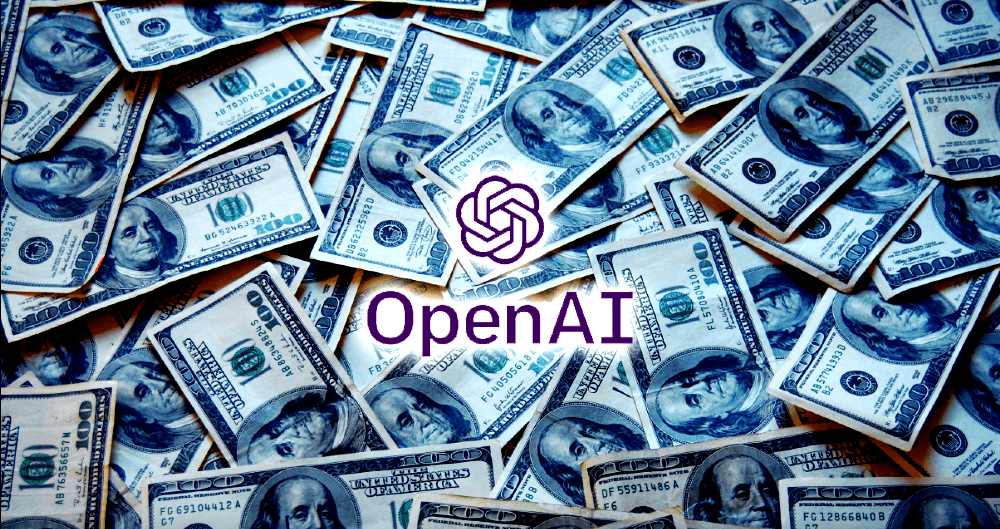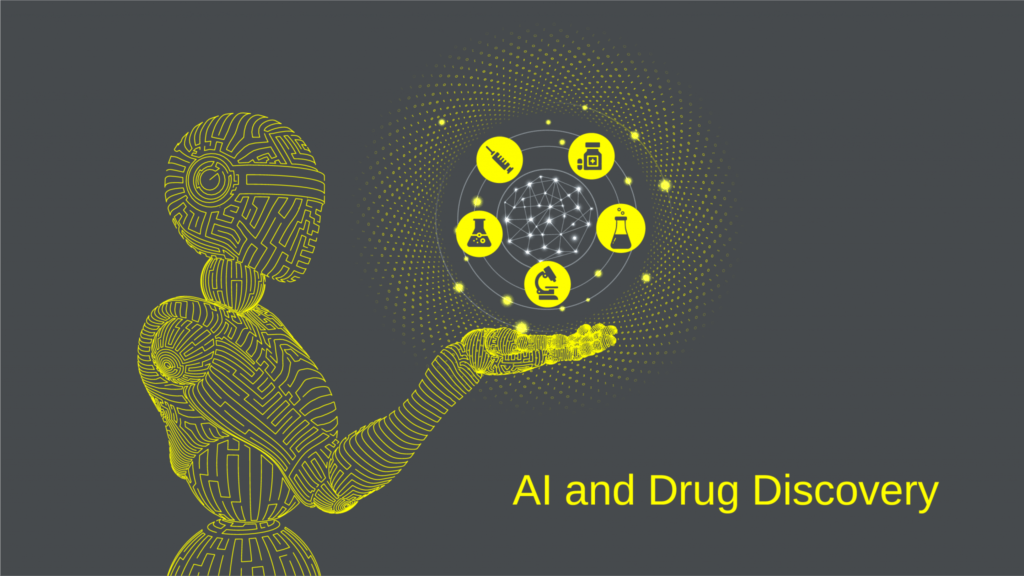
The Goto Bull Investor must-have AI on their spectrum. And to be honest, we’ve been here before with flash-in-the-pan technologies getting a boost of confidence before establishing a solid proof of concept. The onset of the pandemic brought the NFT market to a blinding fury that now – in hindsight – looks extremely regretful. But in my opinion, that’s not a fair shake as NFTs and Crypto were truly understood by a very ambitious group of techies who understood the “buy now” strategy for their own good.
AI has the unique position of moving the needle on our morals. I asked a colleague I just met through another if he would invest in AI. His answer: As a capitalist yes. As a human who cares about our future and the job security of the upcoming generations but is older and on the verge…no…well maybe not so fast.
But numbers talk right? They matter.
According to a recent Reuters Article, Exclusive: ChatGPT owner OpenAI projects $1 billion in revenue by 2024– the future looks VERY bright.
Three sources briefed on OpenAI’s recent pitch to investors said the organization expects $200 million in revenue next year and $1 billion by 2024.
The forecast, first reported by Reuters, represents how some in Silicon Valley are betting the underlying technology will go far beyond splashy and sometimes flawed public demos.
OpenAI was most recently valued at $20 billion in a secondary share sale, one of the sources said. The startup has already inspired rivals and companies building applications atop its generative AI software, which includes the image maker DALL-E 2. OpenAI charges developers licensing its technology about a penny or a little more to generate 20,000 words of text, and about 2 cents to create an image from a written prompt, according to its website.
What about Google though?
Some investors expressed skepticism. Certain large venture-capital firms passed on backing OpenAI this year, questioning if it could justify a higher valuation or compete with rivals like Alphabet Inc-owned (GOOGL.O) Google, sources familiar with its fundraise attempt who did not invest said.
Explain why Open AI would want a “cap” on how much more early venture capital firms could multiply their investment
A “capped-profit” structure that OpenAI created in 2019 also represented an unusual restriction for venture capital. OpenAI wanted to safeguard its mission by limiting backers’ returns to 100 times their investment, or less in the future.
Others may be doubling down. Microsoft this year has looked at adding to its stake, two other sources told Reuters and the Wall Street Journal previously reported. Its hope is to drive business for Microsoft’s cloud as more enterprises embrace AI.
What About the Moral Issues with AI: Negative Prompts?
The potential to generate flawed answers is one reason why a big player like Google has guarded public access closely, concerned that chatbots could harm users and damage its reputation. Google declined to comment.
The caution has created a void that startups have sought to fill. A company called Cohere AI, run partly by ex-Googlers, is working on commercial products after a $125 million fundraise led by Tiger Global in February. Another, Adept, announced a $65 million raise in April, and Stability AI touted $101 million in funding after the August release of its text-to-image generator.
Does Open AI have Competition Right Now to Monetize?
Victor Riparbelli, CEO of text-to-video startup Synthesia, said money so far is “in a lot of the more boring use cases.”
His London-based company has more than 20,000 customers including Amazon.com Inc (AMZN.O) using its software, which can generate corporate training and product marketing videos, though longer term the goal is AI producing Hollywood-quality content, he said. Amazon confirmed its use of the technology.
Such startups risk OpenAI or Big Tech companies spotting lucrative applications and copying them, which is why Synthesia built its key software in-house. At the same time, application developers could win out financially if technology like OpenAI’s becomes a commodity, said Alan Cowen, chief executive at research startup Hume AI and a former Google researcher.
For Full Article: Exclusive: ChatGPT owner OpenAI projects $1 billion in revenue by 2024
- Comprehensive Public Safety Plan Survey: Equity - March 11, 2024
- Comprehensive Public Safety Plan Survey: Court System - March 11, 2024
- DC Comprehensive Public Safety Plan Survey: Surveillance // Privacy - March 11, 2024

















